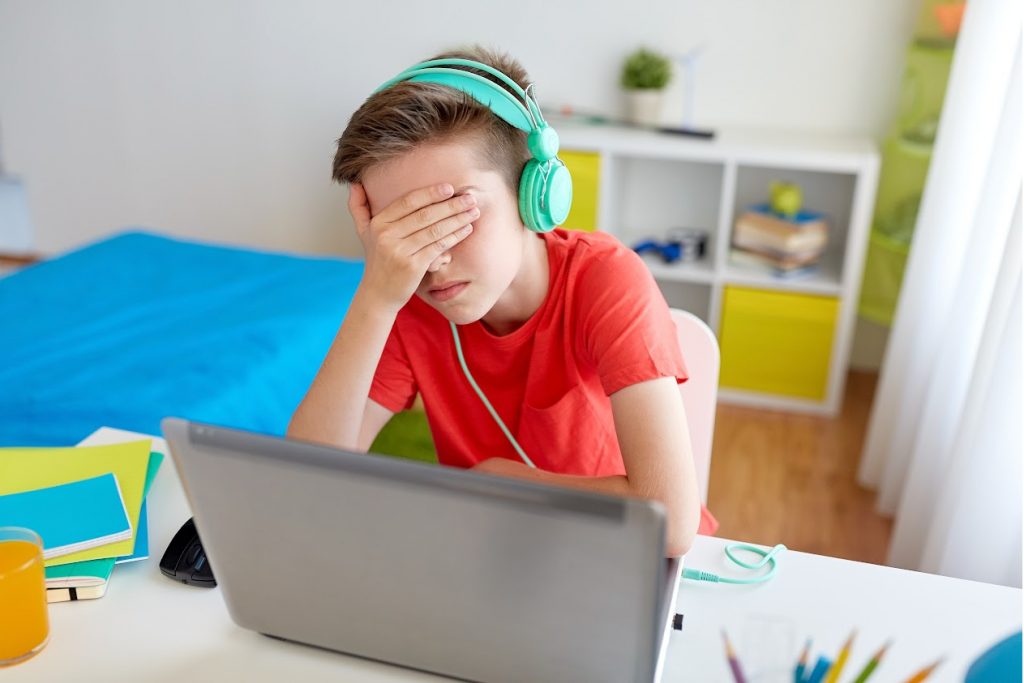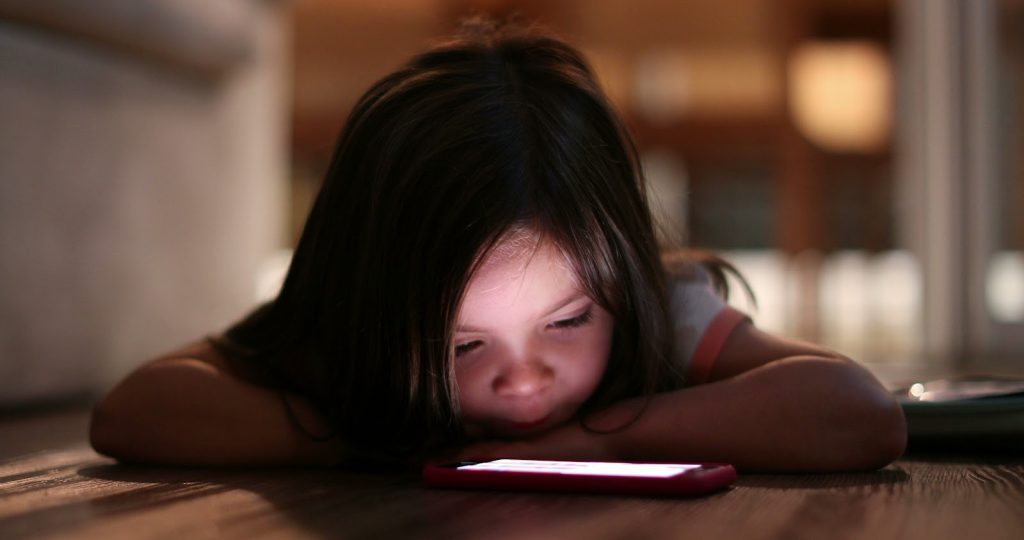After years of bad press, the internet truly earned its stripes over the course of the pandemic. So many of us, confined to home, relied on the net for work, education, shopping, entertainment, and everything else. It was especially important for connection with those we love.
Hooray for technology!
That said, over the course of those years, it’s safe to say we picked up some bad habits with technology, and so did our kids. Now, we need to acknowledge what happened and reign it back in. It is time to revisit all those internet safety messages that we know to be valuable, especially for our children.
First, let’s acknowledge six basic truths about kids online:
- Kids will occasionally do silly things, regardless of how smart they are
- Not everyone who makes contact with your child can be trusted
- Conflict among young people tends to escalate when they are online
- Kids tend to be less inhibited online
- Many kids seek validation and social acceptance online
- Kids are especially vulnerable to technology addiction
That’s why adults need to be in charge of internet use, not kids.
Rather than listing off a whole bunch of rules and regulations about kids and device use, I’m going to focus on one, golden rule…
Do not let your child use a connected device in their bedroom!
Here’s why…
1. Bullying
Over the course of the covid-19 restrictions in Australia, youth online bullying increased by 50% according to the eSafety Commissioner, Julie Inman-Grant. Our kids no longer have to stay home and suffer. Get them out connecting with friends in real life. Friends offer support and counter some of the impacts of online bullying.
If your child is online in their bedroom, you can’t see the body language and reactions that would tell you something is wrong. It’s harder to tell that they are being bullied. Likewise, it is harder to tell if your child is being a bully. Bullies are far braver when there are no adults present. I know we all think, “Not my child!” But even good kids behave poorly sometimes.
2. Sleep
At night, when kids have a device in their room, they don’t sleep as well. Obviously, there are the disruptive dings of messages and notifications, but furthermore, research shows that even if the device is turned off and not connected to the internet, it interrupts a child’s sleep. The power of the subconscious!
We need kids to sleep well. Their brains are growing and developing and that requires a lot of energy. Sleep is also one of the most important keys to positive wellbeing and good mental health.
3. Negativity
Have a look at the news today. It’s frightening… even for an adult! As most of the newsfeed and the social media cycles are focused on the recession, the virus, and the cost of living, everything feels very negative.
When they are exposed to negatives online, kids need you there to talk with them; answer questions, and reframe the doom and gloom. That can’t happen if they are using their device in their rooms and away from you.
4. Child exploitation
It is a sad reality that the pandemic was wonderful for those seeking to groom and exploit children online. These predators rely on parents getting frustrated with having children constantly underfoot and sending them to their rooms.
Ruth Dearing from Children and Technology says, “Child exploitation and image abuse is now affecting one in five Australians; it’s a massive problem and it’s one that ruins lives.”
It’s horrible to think about, so parents often block this ugly reality out. Understandable, but not advisable.
5. Friendship dynamics
Our kids are connecting online more than ever. However, the problem with online friendships is that so much can be misconstrued and misunderstood. There is also a lack of accountability that comes from having a face-to-face conversation. Kids can be cruel.
If online video chatting is happening within earshot of an adult, and not in the privacy of a child’s bedroom, it is more likely to remain friendly and enjoyable for all kids.
Finally…
The pandemic is finally coming to an end and life is returning to normal. Now we need to ensure kids are returning to the good habits online we’ve been teaching them all their lives. That foundational learning was never as important as it is today.









